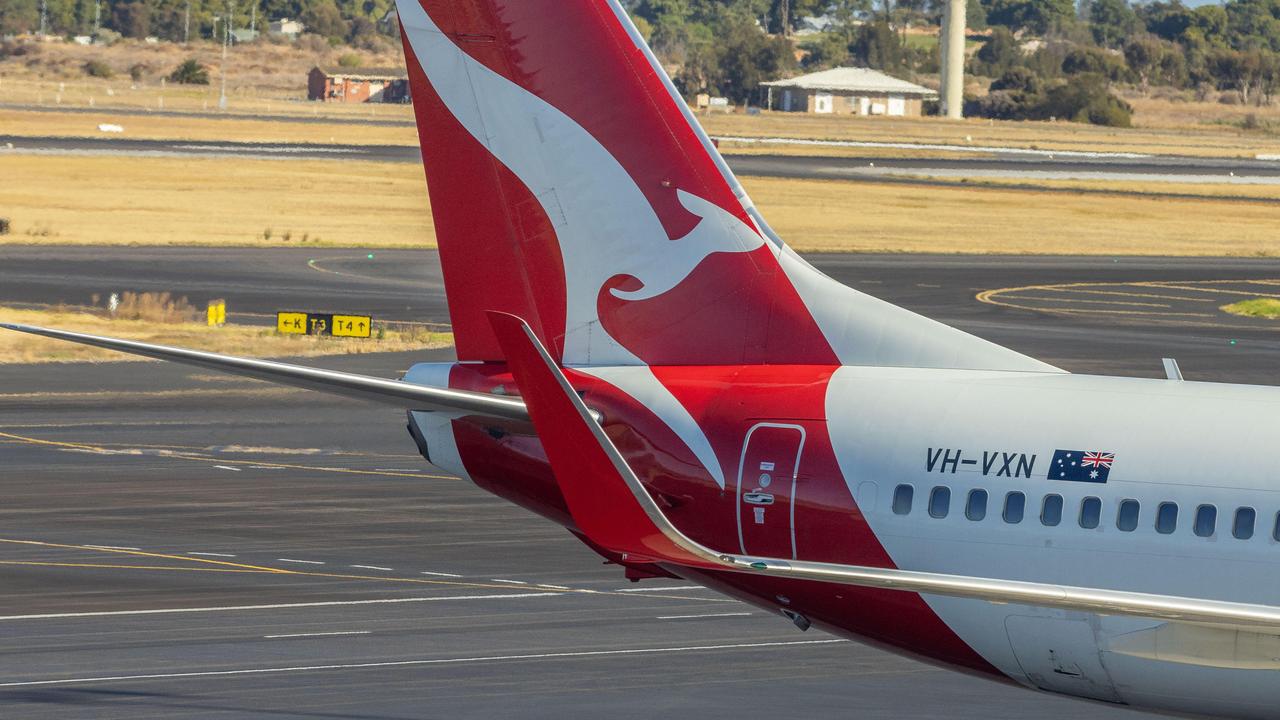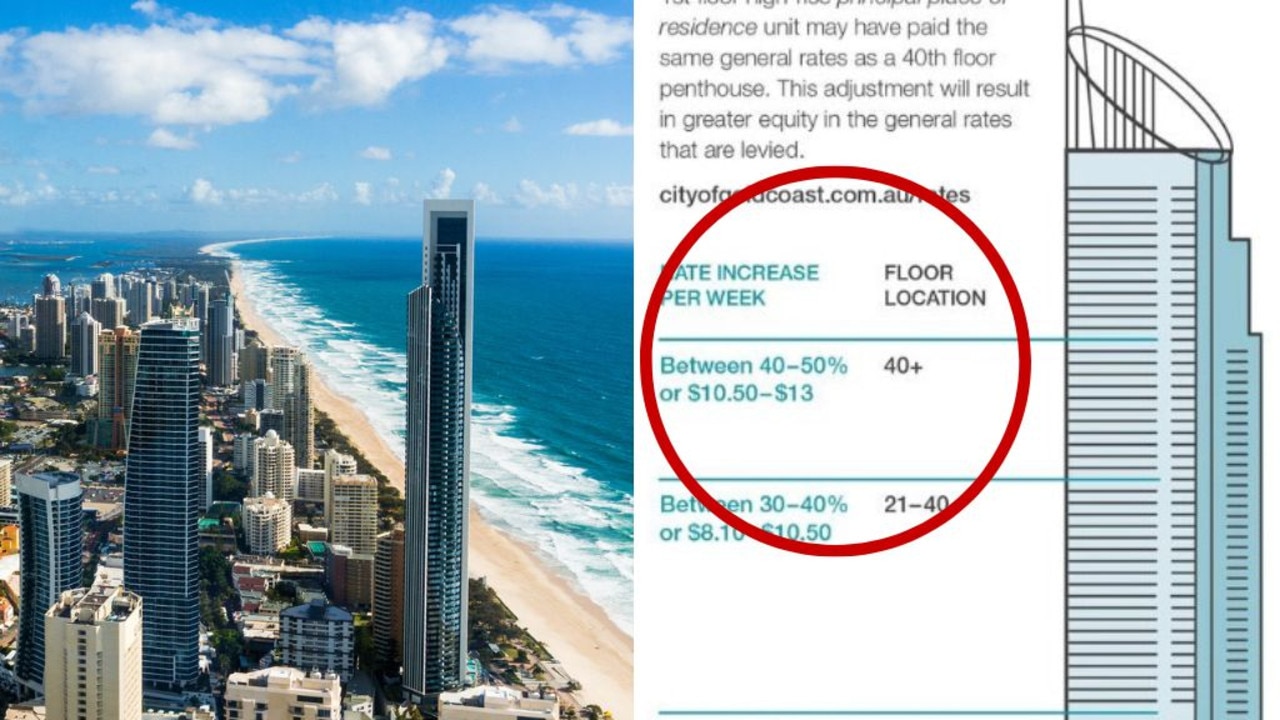Tourist attraction loses $170k by going cashless
The move to ban cash at the popular site has been labelled as “utterly mad” and has had devastating consequences.
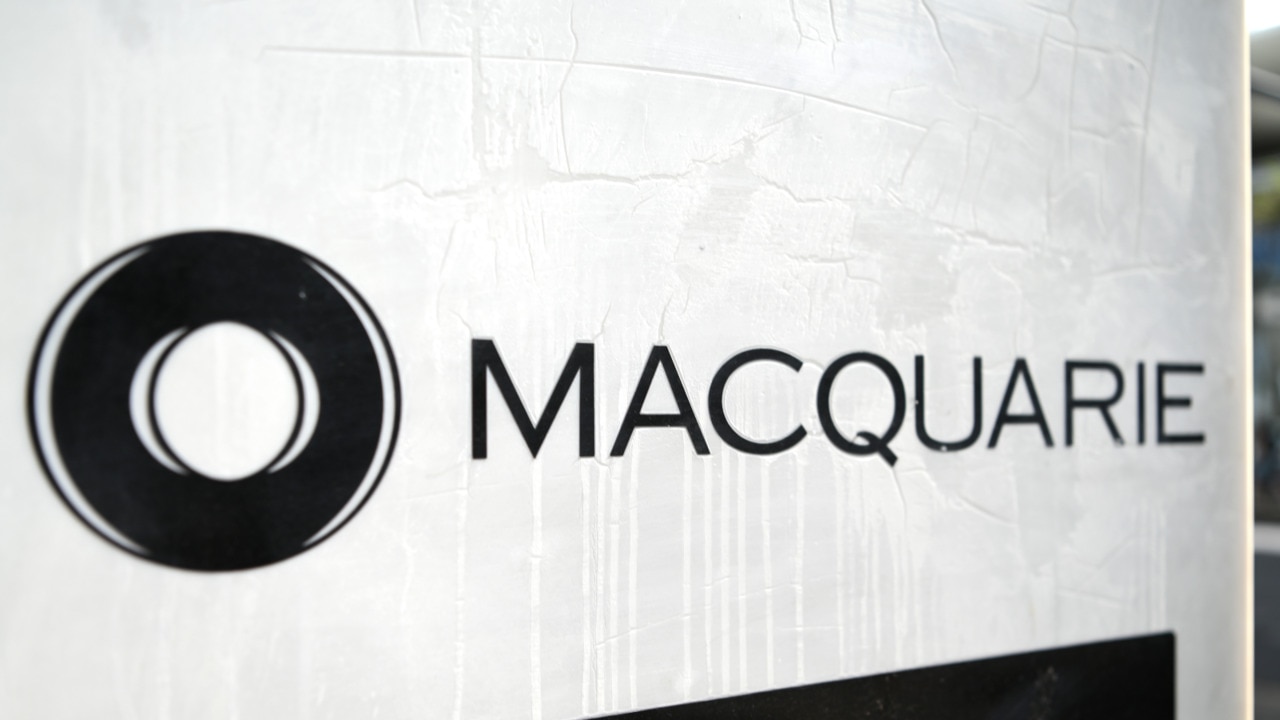
Costs
Don't miss out on the headlines from Costs. Followed categories will be added to My News.
A popular UK tourist attraction has lost a whopping $170,000 worth of donations after it banned cash.
Visitors to the Roman Baths in Bath have been stopped from throwing money into the historic attraction and are instead asked to make a contactless payment.
But the move has had devastating consequences.
The charity organisation behind the well-known site banned the use of the wishing well in March 2022. In the last financial year, it collected just $17,000 in donations despite welcoming one million visitors in 2023.
Visitors were greeted with a sign that said: “Please do not throw coins in the bath. Tap the Contactless point or use the cash box to make your offering.”
Prior to that it had raked in almost $200,000 from donations when it was fully open between 2018 and 2019 before the pandemic hit, with $170,000 coming from the 1.6m plunge pool that had been turned into a wishing well for visitors.
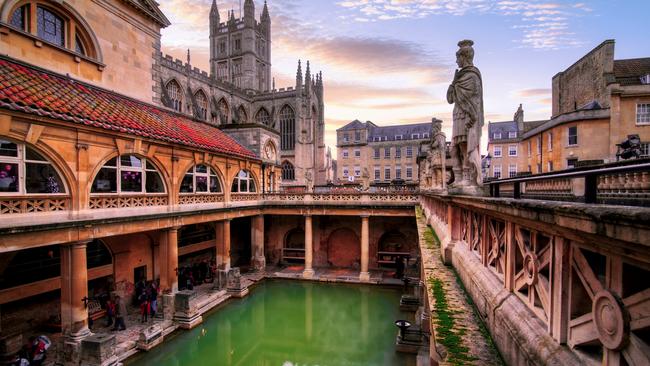
The decision to ban cash was made due to a “notable decline in the use of cash” since the pandemic but was also fuelled by concerns that the practice had “begun to damage the 2000-year-old structure”, according to Bath and North East Somerset Council.
It also found the donations were no longer viable because of the process to collect coins, which took a long time to drain the baths wasting water, while some coins were “garbled” and could not be banked.
However, campaign groups slammed the move and said cash was still a common way to make donations.
Campaign group Payment Choice Alliance spokesman Martin Quinn said the public should be given a choice on how they make donations.
“A child making a wish with a contactless card does not have the same magical appeal, this policy should be reversed immediately,” he told The Telegraph.
“The British public should be allowed to have payment choice when it comes to charitable giving.”
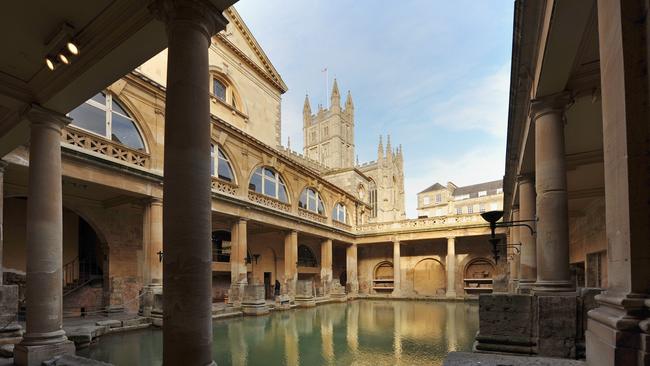
The historical site boasts some of the best preserved Roman ruins in the world, which were constructed in 70AD and is the UK’s most popular attraction after Stonehenge.
The site includes the Sacred Spring, the Roman Temple, the Roman Bath House and an accompanying museum.
Last year, just $4500 worth of donations were collected via contactless payments, dropping even lower than the $4750 the year prior.
Mr Quinn described the cashless donation policy as “utterly mad”.
“The march towards a cashless society needs to stop. What’s next? The Tooth Fairy going cashless,” he quipped.
But a spokesman for Bath and North East Somerset Council said the Roman Baths said in the last financial year the tourist attraction had generated more income from ticket sales and other activity than ever before.
“In addition our priority is to care for and conserve the Roman Baths, one of the world’s great historic sites,” they said.
“The tradition of throwing coins into the water had begun to damage the 2000-year-old structure of the circular bath, putting the monument at unnecessary risk.
“Managing water-damaged coins and the decline in cash usage post-pandemic further supported our decision to look at other ways to encourage support.”

Australians have also expressed serious concerns about heading towards a cashless society.
Seven in 10 say they’re concerned, while two in five Aussies are extremely concerned about notes and coins becoming relics.
The research showed 63 per cent of Aussies are concerned the move would exacerbate economic inequality.
It also found 58 per cent hold concerns because they are worried they will pay more in banking and card fees, and 42 per cent don’t trust in financial services to operate ethically in a cashless society.
Originally published as Tourist attraction loses $170k by going cashless



